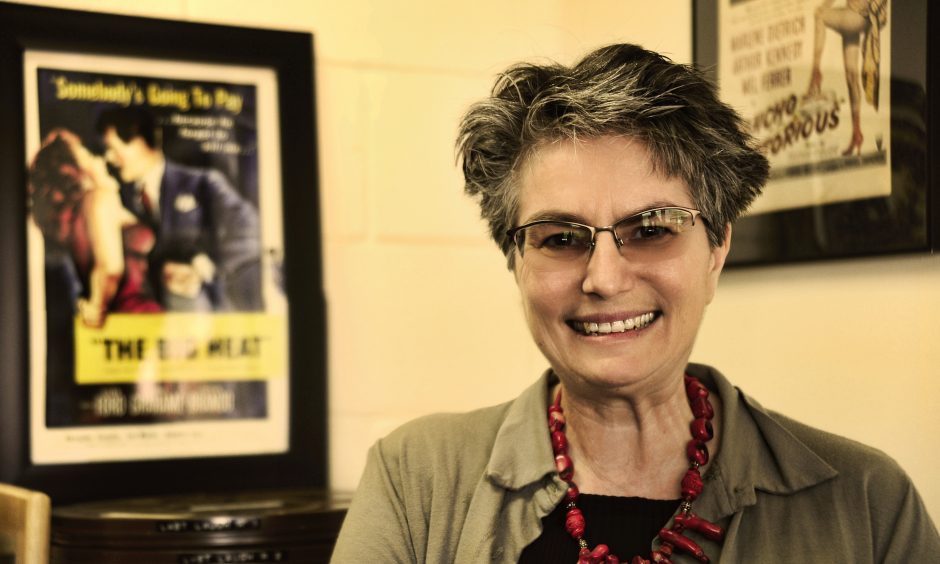UF’s Barbara Mennel Awarded Prestigious German Fellowship to Study Women and Work in Film
Movies often are more telling of current social and economic issues than the news or research articles—gender issues especially so. The feminization of labor in the 21st century has been captured in film but not necessarily in scholarship. UF film studies professor Barbara Mennel seeks to fill that void with a new book project, Women and Work in Contemporary European Cinema, which recently received a boost from the Freiburg Institute for Advanced Studies in Germany. Mennel, who holds a joint appointment in the Department of English and the Department of Languages, Literatures, and Cultures, has been awarded a Marie Skłodowaska-Curie FCFP Senior Fellowship for her research project, which promises to result in the first book-length study on women in contemporary European film.

Filmmakers explain characteristics that are culturally considered feminine, such as service, care, flexibility, and mobility, through the films’ discourse: the story as told through dialogue, images, and symbols. Many 21st century films with female main characters reflect on the nature of work. “Since 2000, you see many films that capture the development from industrial to post-industrial labor and the rise of the service sector, which relies on skills traditionally associated with femininity,” says Mennel. “I ask, what do these films tell us about the changing nature of labor in the early 21st century?
Her project’s attention to gender and cinema will enhance theories about cultural representation of labor and economy in Europe. Mennel finds the filmmakers’ discourse to be “productive” despite prevailing attitudes that the feminization of labor “is a detrimental effect of neoliberal economies and post-Fordist labor regimes.” She’s referring, in a nutshell, to the belief that pumping capital into a highly efficient and specialized industrial system and its sociopolitical counterparts (developing rural areas for example) is the path towards progress. Yet the increasing participation of women in the workforce as well as an emphasis on the service sector may be counteracting that idea. “I argue that the current importance of women in European films about labor indicates a shift in our cultural understanding of the nature of work. I’m hoping to invigorate feminist theory, film studies, and European studies.”
Professor Mennel’s area of expertise is film studies with a research emphasis on contemporary European cinema and feminist theory. She is author of Queer Cinema: Schoolgirls, Vampires, and Gay Cowboys (2012), Cities and Cinema (2008), and The Representation of Masochism and Queer Desire in Film and Literature (2007). She has co-edited Turkish German Cinema for the New Millennium: Sites, Sounds, and Screens (2014) and Spatial Turns: Space, Place, and Mobility in German Literature and Visual Culture (2010). This research project has also been supported by the Women in German Faculty Research Award in 2015 and a Paul Mellon Visiting Senior Fellowship at the Center for Advanced Study in the Visual Arts in the National Gallery of Art in Washington, D.C., in the summer of 2013.
